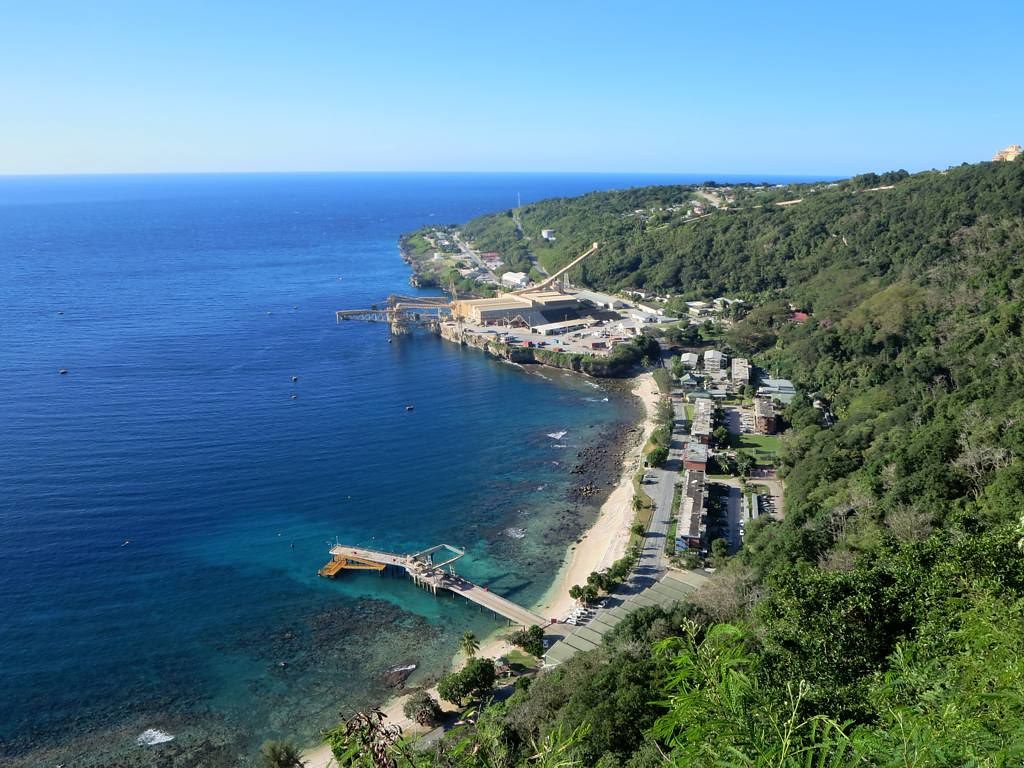Some Corals Can Survive Through Relentless Heat Waves, Surprising Scientists
The organisms can recover during a heat wave instead of afterwards, and scientists call it a ‘game changer’ for conservation of the species
/https://tf-cmsv2-smithsonianmag-media.s3.amazonaws.com/filer/13/e1/13e18662-ad88-4ec7-a625-829e32f01cb1/33675818851_58c3c559e0_k.jpg)
Healthy coral reefs look like vibrant, underwater mosaics bustling with marine life. But when a heat wave makes its way through a reef, these colorful marine gardens turn into pale, washed-out graveyards. Concerningly, these heat waves have become more common as climate change accelerates.
In a sea of grim news, researchers have found a glimmer of hope: Some corals have the capacity to recover from bleaching, even in the middle of a heat wave, reports Erik Stokstad for Science. The team published their findings this week in Nature Communications.
Corals and algae have a mutually beneficial relationship. The corals are made up of colonies of tiny invertebrates, called polyps, that live in the crevices. Polyps house photosynthetic algae, and in exchange for a place to live, the algae provide them with an abundance of food and a nice touch of color. But even a small hike in the water temperature triggers corals to dispel the algae, causing them to bleach and turn a ghostly shade of white. Bleaching doesn't exactly kill the corals, but it leaves them vulnerable to disease or starvation, and the corals only have a small window to recover before it's too late.
A team of researchers zeroed in on Christmas Island, also known as Kiritimati, to study brain and star corals in the midst of a heat wave that lasted from 2015 to 2016. It is the third largest coral bleaching event in recorded history, and it lasted for an unyielding ten months, according to a press release. The team tagged, photographed and tracked individual corals around the island to see how they were faring throughout the relentless heat wave, reports Donna Lu for New Scientist.
Starting in May 2015, the water temperature around the island rose by 1.8 degrees Fahrenheit within two months, causing the corals to expel their algae, which was expected. But the "jaw dropper" of this research was that some of the brain and star corals recovered while the water was still warm, study author Julia Baum, a marine ecologist at the University of Victoria in Canada, tells Science. Prior to this study, researchers had only seen corals recover from bleaching after the water cooled back down, according to the press release.
"Observing corals recovering from bleaching while still baking in hot waters is a game changer," Baum says in the press release. "It means that even under prolonged heat waves, there’s a path forward for some of them."

Before the heat wave, Baum and her collaborators found that the corals located closer to disturbed areas—such as those with more sediment, pollution and sewage—were more tolerant of warm temperatures. In theory, that should mean that those corals are more likely to survive a heat wave. But in another twist, brain corals with heat-sensitive algae had a survival rate of 82 percent whereas those with heat-tolerant algae survived at a rate of 25 percent, reports Science.
The study suggests that corals are more likely to survive if they aren't also contending with other stressors, like pollution or overfishing. So those in more pristine, untouched parts of the study site had better rates of survival, reports New Scientist. However, some scientists have previously argued that those conditions have no bearing on the likelihood of corals surviving heat waves, reports Science.
"This paper clearly shows that argument is false, at least for these corals in this location," Nancy Knowlton, a coral reef biologist at the Smithsonian National Museum of Natural History who was not involved in this study, tells Science. "Healthy local conditions were in fact very important for coral survival."
Heat waves are expected to become more intense and last longer as climate change intensifies, and this research offers some hope that with protection, corals could have a better shot of survinving the impending heat waves.
"Understanding how some corals can survive prolonged heatwaves could provide an opportunity to mitigate the impact of marine heatwaves on coral reefs, allowing us to buy time as we work to limit greenhouse gas emissions," lead author Danielle Claar, a marine scientist at the University of Washington, says in the press release. "Although this pathway to survival may not be open to all corals or in all conditions, it demonstrates an innovative strategy for survival that could be leveraged by conservationists to support coral survival."
/https://tf-cmsv2-smithsonianmag-media.s3.amazonaws.com/accounts/headshot/rasha.png)
/https://tf-cmsv2-smithsonianmag-media.s3.amazonaws.com/accounts/headshot/rasha.png)